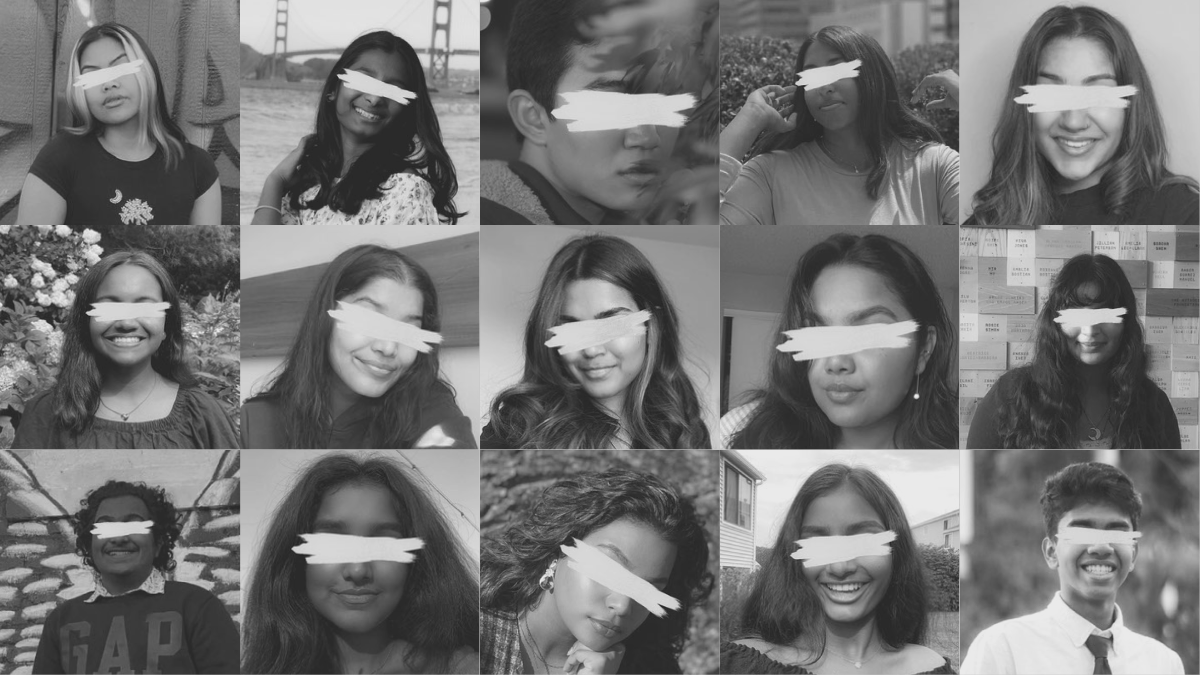Forgotten Dreamers and our Hidden Dreams

When Mr. Shusterman first asked if I wanted to write this piece I was ecstatic. But I had no idea what to share with the readers of this newsletter. No idea where to begin. So by default, I guess I’ll start at the beginning of my journey on H4 visa, and how I got to where I am today as an incoming law student.
I moved to America when I was two. My father moved to the US the year prior because he found a job opportunity and the following year my mother and I came on H4 dependent visas.
Growing up, my parents told me that I could be anything I wanted. It wasn’t until I was about to be a senior in high school that I realized there was a lot I couldn’t do because of my immigration status.
The first time I found out about a restriction due to my visa was when I went behind my parent’s back and secured a job as an ice-cream scooper. However, when I asked my parents for help with filling out the employment paperwork, they looked at me with blank eyes and said “ I am not allowed to work, because I don’t have a work permit”. That was my first time hearing the words, “work permit”, “EAD”, and “green card backlog”.
At first, I was fine with the news because if the only thing I couldn’t do at the time was get a job… that’s okay! So I shifted all my energy into making good grades and getting into college. I finished my applications early. But when I showed them to my mom, she zoned in on one particular part. ‘Be sure to mark that you’re an international student,’ she said.
She explained that because of my H4 visa status, I was an international student and the selection process would be much tougher. And I wouldn’t qualify for financial aid. She told me to prepare for potential going back to India for college. I was devastated. I thought I had done everything right to attend a dream school. Only to find out that some of my dream schools and majors did not even take dependent visa applicants at the time.
This was the start of a steep decline in my mental health. I realized that every choice I made would have a huge impact on whether or not I could even stay in the country long term. It’s like I’m always playing a game. And if I mess up once, I’ll need to leave.
For a long time, I carried a lot of anger. I was jealous of my younger brother for being born here. I was mad at my parents for not telling me. But how could I be mad when they sacrificed so much? I think they were afraid of discouraging me. They were focused on me being OK in the moment, and they assumed it would all work out. The American Dream is so well marketed. And when you get here, it feels so close. Like if you just work hard—everything will fall into place. And I think that’s what they always believed for me.”
I am a forgotten dreamer, belonging neither to India or America. Even after more than 20 years of living in this country on various visas, I have no pathway to citizenship. As a childhood visa arrival, I did not qualify for DACA. I could not work nor drive until I turned 21, and could not apply for most scholarships or financial aid. Worst of all, midway through college, I faced deportation.
Bearing the title of Visa Dreamer places you in this state of limbo when it comes to recognition within the overall Dreamer community. To the media, I don’t fit the narrative of a ‘typical’ Undocumented Dreamer. To the lay person they find it hard to understand how someone with “papers” can still be a dreamer.
To politicians, we are hidden in the shadows due to lack of allyship within the voting base to hold them accountable. Being tossed around because of all these preconceived notions about being a Dreamer leaves many visa Dreamers in a state of limbo about their future and whether they will ever exit this game of survival.
There are approximately 250K children who grew up on various dependent visas but due to country caps, green card backlogs, and visa processing delays they are at risk of deportation, becoming undocumented, and having no realistic pathway to citizenship. However, lack of conversation, resources, and political pressure has led to many ignoring the impact of immigration on visa holders.
The Hidden Dream

For the longest time, I thought I was the only kid stuck in this situation. Over the past year, THD has provided safe space and programming to almost 800 children. While my status has not made my journey to be an American easy, it has instilled in me an unwavering level of determination to always figure out a solution. My identity as a Visa Dreamer has forced me to make peace with uncertainty and understand that my circumstances are not a reflection of who I am, but rather my reaction.
For now, I have the strength to keep fighting. Even if it means I must bend over backward to pass the tests of the immigration system. This is why I have chosen to attend law school this fall at UC Hastings. I want to leverage the law to help others in my community, engage in legal research to publish more information about visa immigrants and finally be a legal liaison for permanent policy change.
As a child, I thought becoming a citizen was the ultimate prize and solution to all my problems. In reality, a change in my status will not heal years of trauma and stress. Nor will my fight or flight mode magically turn off with a green card in hand. However, in the journey to obtain citizenship I have gained something completely unmatched, a community. A feeling of belonging and a sense of purpose drive me to become a lawyer.
The end result of my immigration status may be out of my control, but what is in my control is the ability to raise awareness, spread knowledge, create resources, and build a community among visa immigrants in hopes of developing a place where we belong, dreams unhidden.
